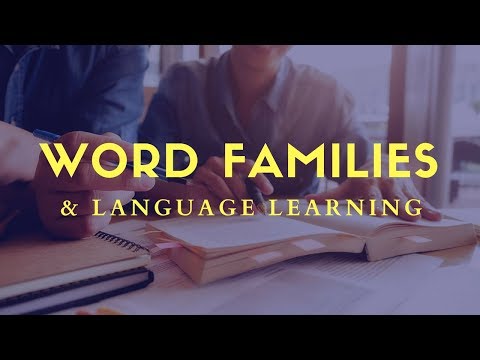No worries. Everybody has their own “thing” and what might work well for some may not work well for others. Or some may feel like they what to do something to help learn, like SRS. Believe me, I get it! I was in your shoes before.
In regards to SRS. I don’t do it. Occasionally, I’ll mess around with it, but I simply don’t find it helpful anymore. Before I came to LingQ, I used memrise (SRS based app if you’re not familiar with it) and went through their entire A1 “course”. By the end of this, what I was seeing was that your vocabulary list to review soon becomes very unmanageable. If I take a day of, or heaven forbid, a week off. I have hundreds of words I have to review before I can move on. It simply takes too long and I have too little time a day as it is (I’ve probably averaged 10-15 min of reading a day and 10-20 min listening overall…although nowadays I do more like 30 min - 1 hr listening). I started watching Steve’s videos and learned about LingQ and decided to go all in for a little bit with the reading and listening thing and soon found I was learning vocabulary way faster when I didn’t spend all my time reviewing things. Also, one soon finds that there are tons of words that they have difficulty with and this adds to the pile that needs to review and becomes overwhelming at some point as they spend all their time reviewing. I could sit there and review 100 difficult words for the next two months and not learn any new words, or I could learn 500-1000 new ones that do sink in, and oh well, there are still these 100 difficult ones and probably a few more. No worries. Eventually they’ll be learned in context, as I have the others. It will just take longer. In the meantime, I’m piling on other words that I will retain and possibly will also help me to start retaining the difficult words because I can gleam their meaning from context of words that I do know.
So, yes, my vocabulary list does look cluttered. So I can certainly understand the point as it relates to SRS usage. Perhaps that’s where some tie back to the word family might help and be able to SRS just based on word families. Of course, for languages like German where you can have a half dozen or more separable prefixes for some verbs…what really is the “word family”…some of the meanings with these prefixes are way different than the “root”. What about examples where plurals are quite different than the singular? (Goose vs. Geese) or other oddities in various languages.
In any event, if you had just the infinitive in SRS. How do you really study that? Especially when you are learning languages that may have a ton of conjugations. If you have an example phrase or sentence with the flash card, which form do you put? The infinitive? How do you review the other forms?
To me, the “review” is coming across all of these words in different contexts, or if I re-read a lesson, in the same context. I don’t NEED to do SRS. To me, it becomes a hindrance rather than an aid. Perhaps if I had more time I would see differently, but there is still the aspect of how do you keep SRS from overtaking the majority of your language learning time compared to activities that I think are more fruitful (reading and listening).
I don’t want to necessarily turn you off from SRS either…some people really find benefit, but you have to be strategic about it.
Actually, the best review in my opinion, is to go through lessons again and either re-read it, or just jump from yellow word to yellow word and read it in context and try to get the meaning. You can breeze through a review like this, and you have the benefit of the context, if necessary.
I agree with Colin…Do a month of LingQ. Or possibly write support and ask if they can give you a 100 lingq’s. I’ve seen them do that occasionally. I personally decided to do a month at the time and really spend time learning how best to use it without the limits.
Sorry for the long novel:
tldr: SRS gets long and cluttered regardless. SRS review list gets too long. Reading and listening provides review already. SRS at beginning stages may be good (memrise, lingq, duolingo). Figure out SRS strategy to handle long lists of review.
Try one month of LingQ without limits to see how you like it.
